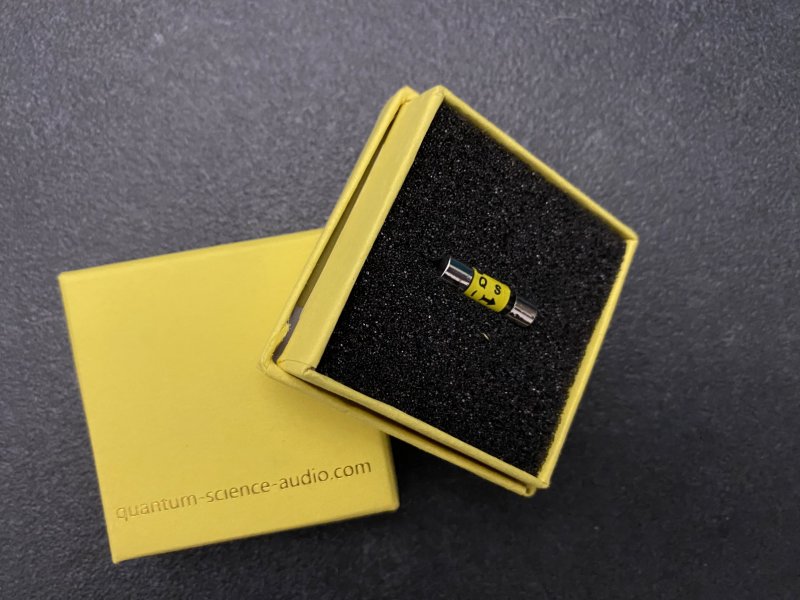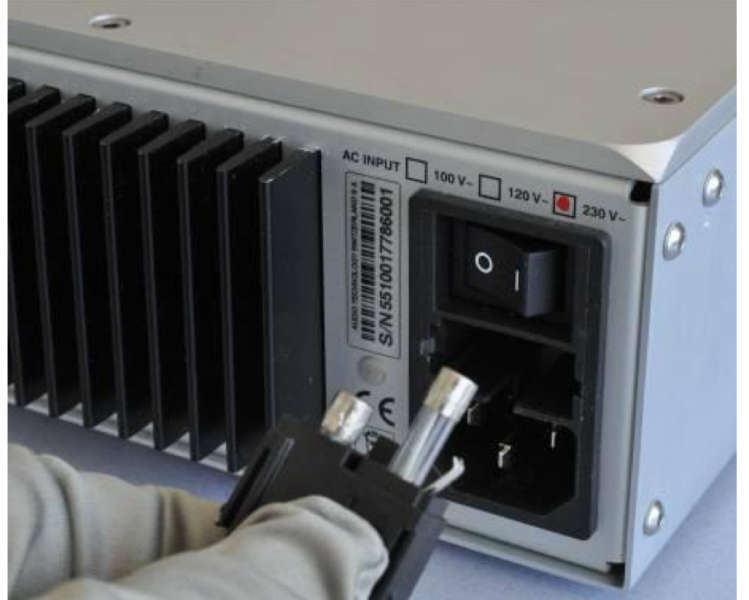I believe in after market fuses and use them in various spots in my system. However, the main 5amp fuse for my Rogue Stereo 90 blows every time I try an upgraded ceramic audiophile fuse. Apparently this can happen with some amps, Acme Audio Labs for example, states that “some equipment with no inrush protection will destroy ceramic body fuses”. Their fuse lasted 5 minutes in my amp. SR fuses lasted a few weeks, same with Hi Fi Tuning. The original glass fuse that came with the amp has lasted over 15 years.
Anyone make a high end glass fuse?
Anyone make a high end glass fuse?



